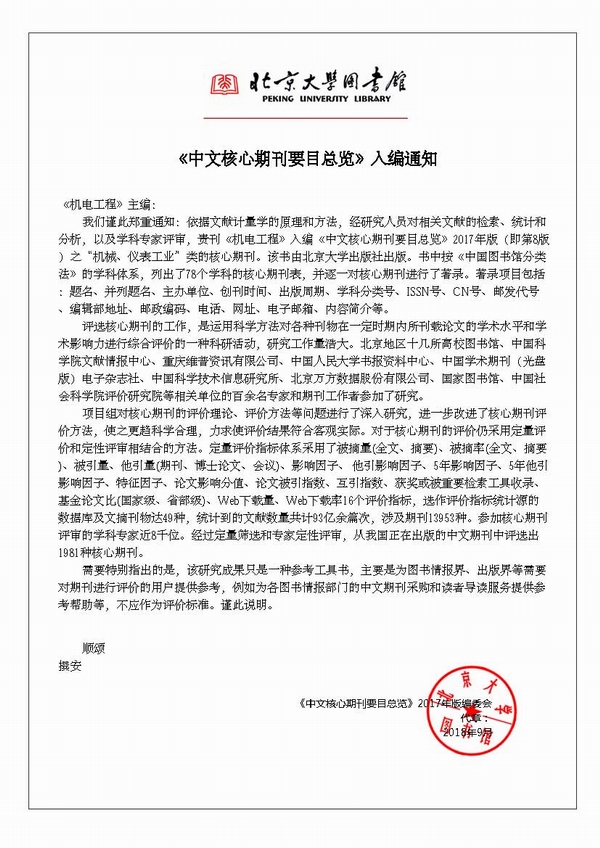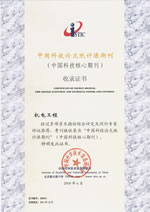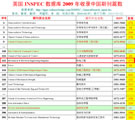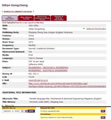
Founded in 1971 >
Chinese Sci-tech Core Periodicals >
British Science Abstracts (SA, INSPEC) Indexed Journals >
United States, Cambridge Scientific Abstract: Technology (CSA: T) Indexed Journals >
United States, Ulrich's Periodicals Directory(UPD)Indexed Journals >
United States, Cambridge Scientific Abstract: Natural Science (CSA: NS) Indexed Journals >
Poland ,Index of Copernicus(IC) Indexed Journals >
International Standard Serial Number:
ISSN 1001-4551
Sponsor:
Zhejiang University;
Zhejiang Machinery and Electrical Group
Edited by:
Editorial of Journal of Mechanical & Electrical Engineering
Chief Editor:
ZHAO Qun
Vice Chief Editor:
TANG ren-zhong,
LUO Xiang-yang
Tel:
86-571-87041360,87239525
Fax:
86-571-87239571
Add:
No.9 Gaoguannong,Daxue Road,Hangzhou,China
P.C:
310009
E-mail:
meem_contribute@163.com
Abstract: In the actual production of traditional enterprises, there was a problem that it was difficult to coordinate the production planning and scheduling among its multiple associated workshops. Therefore, a scheduling model was established for the multi-shop collaborative scheduling problem, and a parallel co-evolutionary genetic algorithm (PCE-GA) for multi-shop collaborative scheduling was proposed, and the algorithm was used to solve the above model.Firstly, a single objective scheduling model was established to minimize the maximum order completion time, the parallel cooperative evolutionary genetic algorithm was applied to solve this optimal problem. Then, a chromosome coding scheme of three-layer integer coding based on workpiece, machine and assembly relationship was adopted in the algorithm. Using the mechanism of collaborative evolution, a method for calculating the value of cooperative fitness value was proposed. Finally, a hydraulic cylinder manufacturing enterprise was regarded as a study case. For the single-objective scheduling problem, the parallel cooperative evolutionary genetic algorithm was compared with the single-shop genetic algorithm and the parallel cooperative simulated annealing algorithm. The research results indicate that the optimization rate of the proposed parallel cooperative evolutionary genetic algorithm is 13.3%, which is 11.5% better than that of the single-shop genetic algorithm.The algorithm verifies the feasibility of the proposed model and the effectiveness of the proposed method. It is also concluded that the parallel cooperative evolutionary genetic algorithm performs better in solving the multiple shop collaborative optimization problem.
Key words: flexible manufacturing systems and flexible manufacturing cells; machine shop(workshop); production scheduling model; parallel cooperative evolutionary genetic algorithm(PCE-GA); genetic algorithm for job-shop scheduling problem(JSP-GA); parallel cooperative evolutionary simulated annealing algorithm(PCE-SA)








